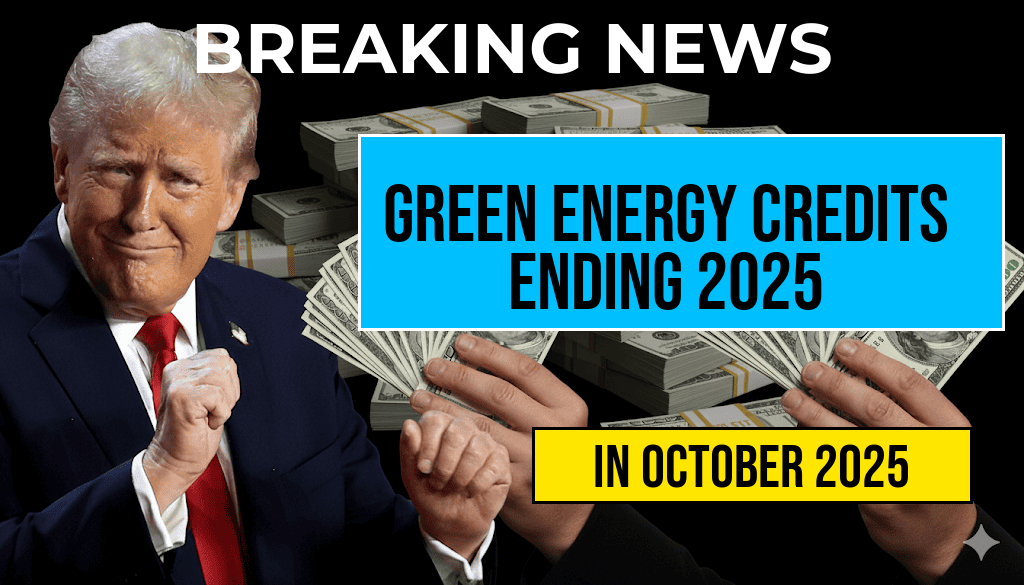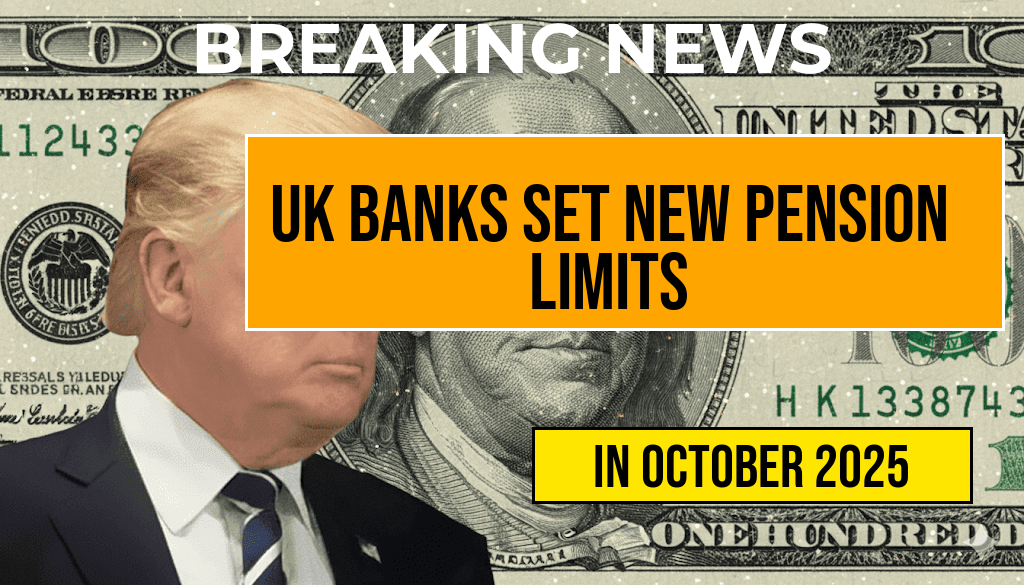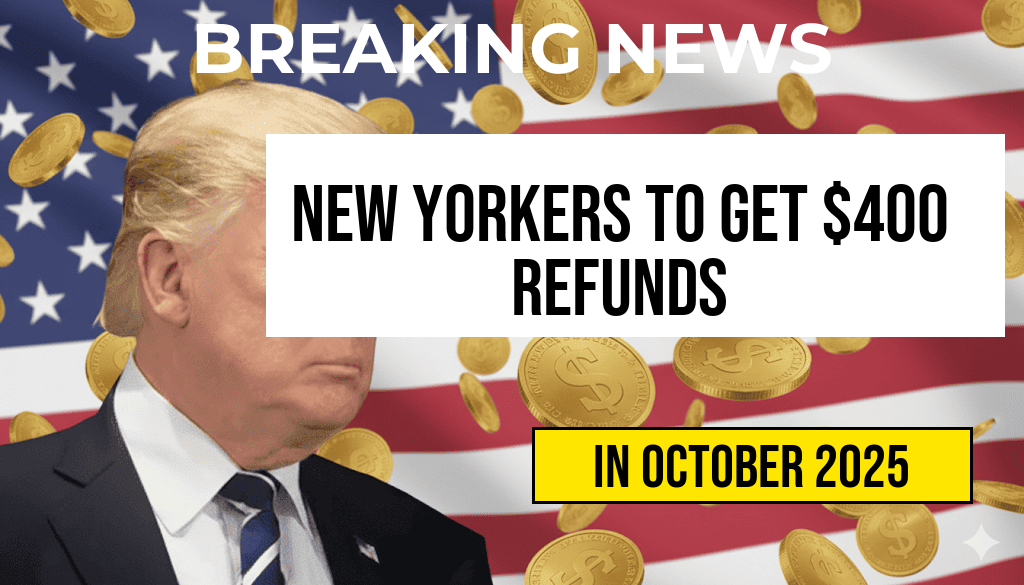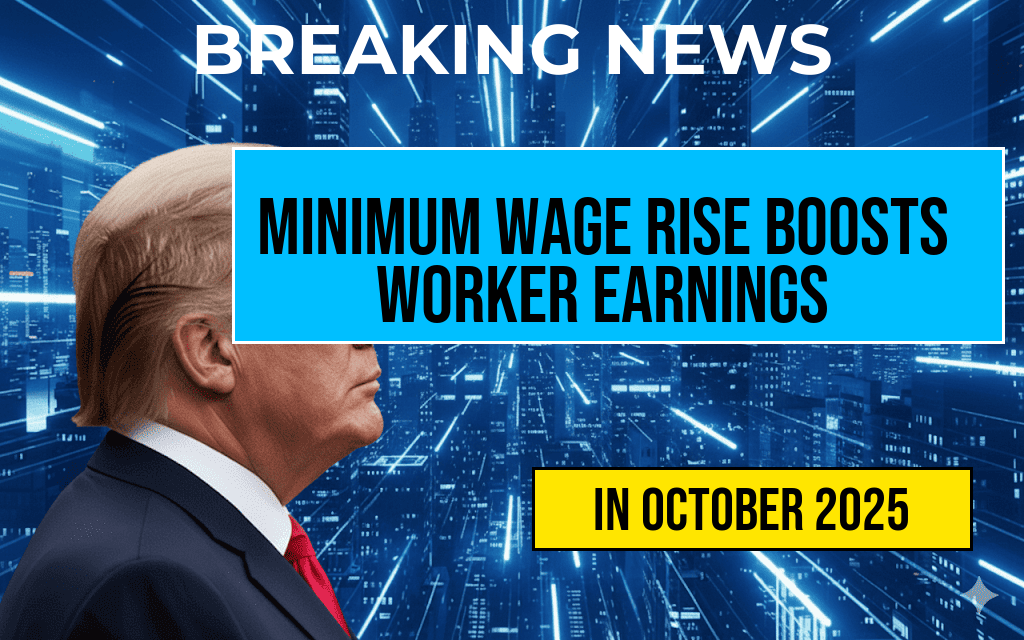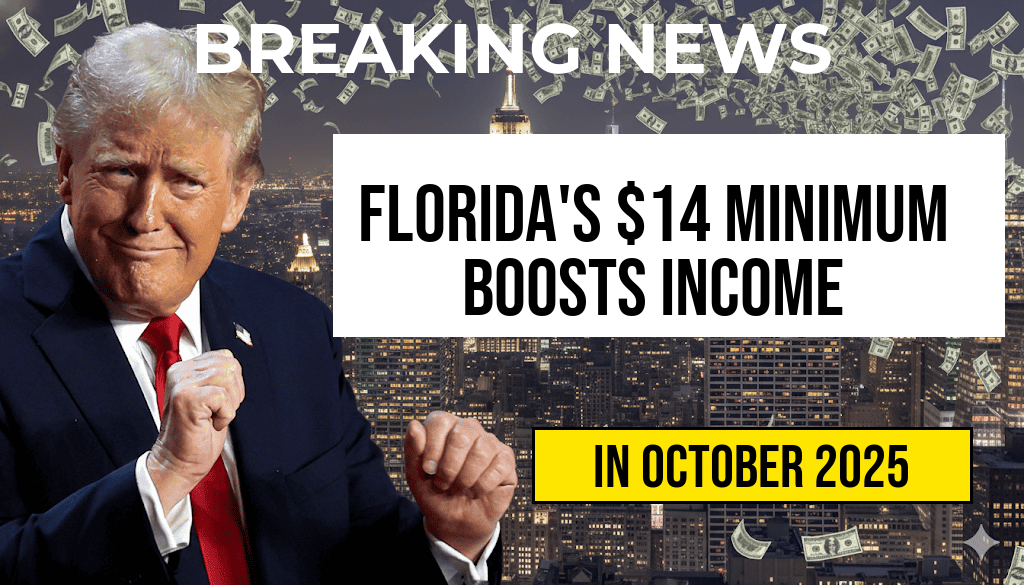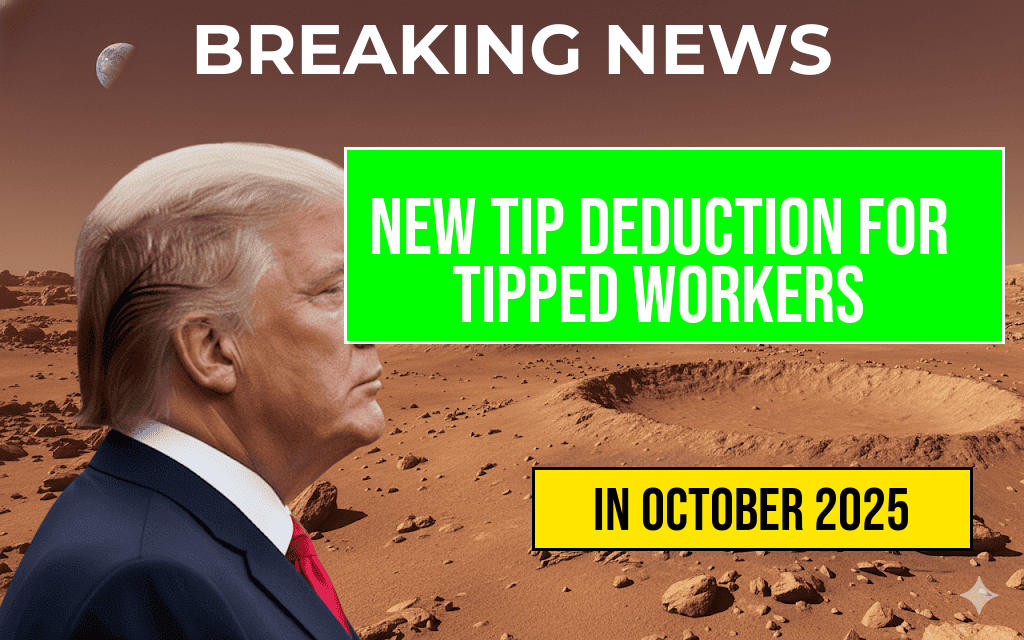Homeowners investing in renewable energy systems should be aware that a significant federal incentive—the Residential Energy Efficient Property Credit—is set to expire for installations completed after December 31, 2024. This tax credit, which has encouraged millions of Americans to adopt solar panels, wind turbines, and other clean energy solutions, has played a pivotal role in accelerating the nation’s transition toward sustainable energy sources. As the expiration date approaches, property owners need to understand how this change could impact their financial planning, potential savings, and future renewable energy projects. While some states and local governments offer additional incentives, the upcoming federal policy shift underscores the importance of acting promptly to maximize existing benefits before they phase out.
Understanding the Federal Residential Energy Efficient Property Credit
What the Credit Covers
The Residential Energy Efficient Property Credit provides homeowners with a tax benefit for installing qualifying renewable energy systems. Eligible improvements include solar electric systems (solar panels), solar water heating systems, fuel cell property, small wind turbines, and geothermal heat pumps. The credit is calculated as a percentage of the installation costs, including equipment and labor, and is intended to reduce the upfront financial burden of adopting renewable technologies.
Historical Context and Expiration Timeline
Initially introduced as part of the Energy Policy Act of 2005, the credit has been extended multiple times, reflecting bipartisan support for clean energy initiatives. The most recent extension, enacted through the Inflation Reduction Act of 2022, increased the credit percentage to 30% for systems installed through 2032. However, specific provisions tied to the extension, especially those benefiting residential installations, are scheduled to expire after December 31, 2024. After that date, the credit reverts to previous levels or is eliminated entirely, depending on legislative actions and potential future extensions.
Impacts of the 2025 Expiration on Homeowners
Financial Considerations
- Immediate Cost Savings: The 30% credit significantly reduces the effective cost of renewable systems. Its expiration could mean missing out on substantial savings—potentially thousands of dollars—on new installations.
- Return on Investment: With the credit phasing out, the payback period for solar and other renewable investments may lengthen, potentially affecting homeowners’ decision-making processes.
- Market Activity: Anticipation of the expiration has already prompted an uptick in installations in late 2023 and early 2024, as homeowners seek to capitalize on the current incentives before they disappear.
Policy and Legislative Uncertainty
The fate of federal renewable incentives remains uncertain beyond 2024, as policymakers debate extending or modifying existing credits. While some legislators advocate for continued support to meet climate goals, others prioritize budget constraints or different policy approaches. Homeowners and industry stakeholders closely monitor legislative developments that could influence future incentives or introduce new programs.
Strategies for Homeowners Before the Incentive Ends
Acting Promptly
Homeowners interested in installing renewable energy systems should consider completing projects before December 31, 2024, to ensure eligibility for the current 30% tax credit. Working with experienced installers can help streamline the process and maximize benefits within the limited timeframe.
Evaluating State and Local Incentives
Many states and municipalities offer additional rebates, tax credits, or incentives for renewable energy adoption. These programs can supplement federal benefits and sometimes provide more substantial financial support. Consulting resources such as the Database of State Incentives for Renewables & Efficiency (DSIRE) can help identify applicable programs in specific regions (dsireusa.org).
Financial Planning Tips
| Incentive Type | Maximum Benefit | Eligible Systems | Notes |
|---|---|---|---|
| Federal Residential Energy Efficient Property Credit | 30% of installation costs | Solar, wind, geothermal, fuel cells | Expires after 2024 unless extended |
| State Rebate Programs | Varies by state | Solar, wind, energy storage | Check local utility providers or state agencies |
| Utility Incentives | Up to several thousand dollars | Solar, energy storage | Subject to availability and program terms |
Looking Ahead: Policy Trends and Industry Outlook
As the U.S. continues its push toward cleaner energy, the landscape of federal incentives likely will evolve. Recent legislative proposals suggest that renewable energy credits may be extended or expanded, though no definitive measures are in place yet. Industry experts emphasize the importance of staying informed through official government channels and consulting with renewable energy professionals to plan installations accordingly.
Homeowners contemplating renewable upgrades should weigh the current financial benefits against potential future policy changes. Experts recommend working with certified installers who can help navigate the complex incentive landscape and ensure projects are completed within the appropriate timelines.
For further insights on renewable energy policies and incentives, resources like Wikipedia and industry publications such as Forbes provide valuable updates and analysis.
Frequently Asked Questions
What are Green Energy Credits and how do they benefit homeowners?
Green Energy Credits are incentives provided by the government to encourage the adoption of renewable energy solutions. They can significantly reduce the upfront costs of installing systems like solar panels, making sustainable upgrades more affordable for homeowners.
When will the Residential Tax Incentives for green energy expire?
The current Residential Tax Incentives are set to expire in 2025. Homeowners planning renewable energy upgrades should be aware of this deadline to maximize their potential benefits.
What should homeowners do before the tax incentives end in 2025?
Homeowners should consider completing their green energy projects before the 2025 deadline to take full advantage of the current tax credits. Consulting with a renewable energy provider and tax professional can help ensure timely planning and installation.
How will the expiration of green energy credits impact future incentives?
After 2025, the availability of tax credits and other incentives for residential renewable energy projects may decrease or change. Homeowners may lose access to certain financial benefits unless new policies are introduced.
Are there any other financial options for homeowners interested in green energy after 2025?
Yes, homeowners can explore state-level incentives, utility rebates, and financing options that may still offer support for renewable energy projects even after the federal tax credits expire.

